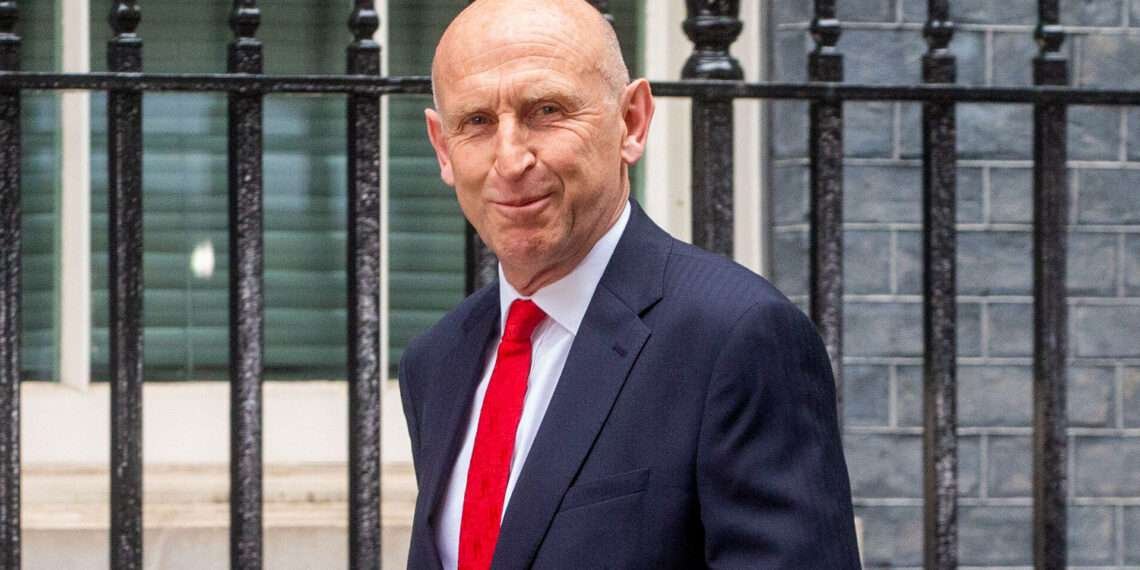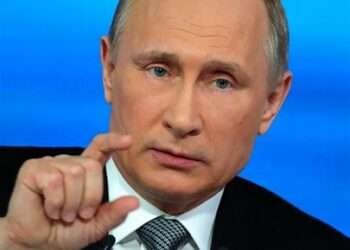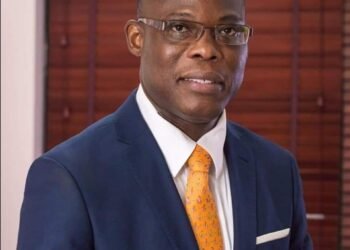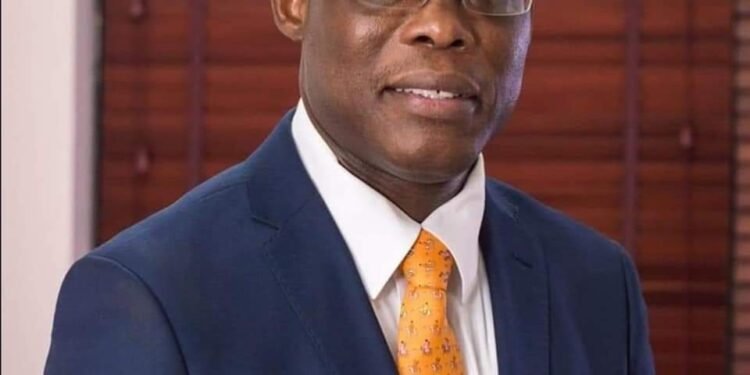In a recent statement, Defence Secretary John Healey clarified that the United Kingdom will not assist Ukraine in striking targets within Russian territory.
This announcement came as Ukrainian President Volodymyr Zelensky made a direct appeal to the British cabinet to allow the more liberal use of British-made weapons.
Healey did not entirely dismiss Zelensky’s request to utilize British-made missiles against Russia but emphasized that any such actions would be conducted solely by Ukraine.
“We’re providing weapons to Ukraine for their defense of their sovereign country. And that does not preclude them hitting targets in Russia, but that must be done by the Ukrainians. It must be done within the parameters and the bounds of international humanitarian law.”
John Healey
This declaration was made just hours before Zelensky’s historic address to the British cabinet on Friday, July 19 marking the first time a foreign leader has done so in nearly three decades.
Zelensky’s plea centered on the usage of Storm Shadow missiles and bolstering Europe’s defense industrial base, especially in light of the potential return of a more isolationist US administration under Donald Trump.
Previously, Prime Minister Keir Starmer had indicated that Ukraine could deploy Storm Shadow missiles for defensive purposes. “It is for defensive purposes, but it is for Ukraine to decide how to deploy it for those defensive purposes,” he remarked last week.
Following Zelensky’s address, Downing Street reaffirmed its unwavering support for Ukraine, highlighting commitments across military, financial, and humanitarian fronts.
British ministers reiterated their solidarity with Ukraine, ensuring continued support for Ukrainians residing in the UK.
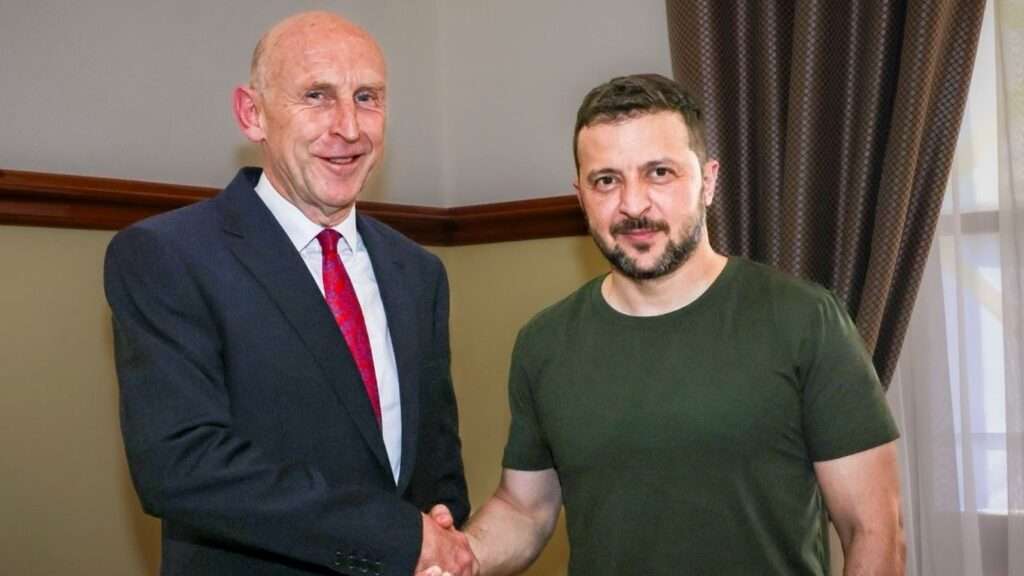
Talks to Quicken Delivery of Western Weapons to Frontlines
In separate discussions, Starmer and Zelensky focused on expediting the delivery of Western weapons to the Ukrainian frontlines.
Despite promises made 18 months ago, Ukraine has yet to receive F-16 fighter jets, Zelensky noted in an interview.
He expressed confidence in Starmer’s commitment to Ukraine, mirroring that of previous British governments.
“I don’t think Britain’s position would change. But I would like for Prime Minister Starmer to become special – speaking about international politics, about defending world security, about the war in Ukraine,” Zelensky said.
As Donald Trump prepared to deliver his keynote speech at the Republican National Convention in Milwaukee, Zelensky acknowledged the challenges of dealing with a potential second Trump administration. “It would be hard work … But we are hard workers,” he asserted.
In a gesture of continued support, Starmer is expected to pledge enhanced efforts to combat the “phantom fleet” of tankers transporting Russian oil globally.
Additionally, the UK and Ukraine are set to sign a defense export support treaty aimed at boosting weapon supplies to the battlefield. This includes a substantial £3.5 billion support package for Ukraine’s armed forces.
Healey elaborated on the significance of the upcoming treaty.
“We’ll also be signing a treaty in Downing Street which makes export finance available to British companies to boost industrial production directed towards Ukraine and also to replenishing our own British stockpiles. And that really is a reflection of the fact that this is a war of industrial production, not just a war of forces on the battlefield.”
John Healey
In response to Zelensky’s appeal to European leaders for the protection of Ukrainian children returning to school, Starmer and Irish Taoiseach Simon Harris expressed interest in providing bomb shelters for schools.
This initiative underscores the broader commitment of European leaders to safeguard Ukraine’s future generations amid ongoing conflict.
READ ALSO: RTD Calls for Unified Third Force in Ghana’s December Elections

